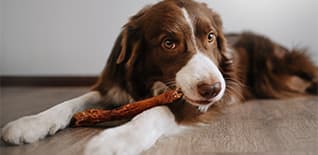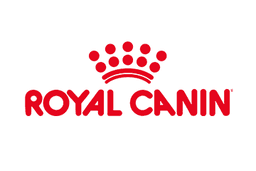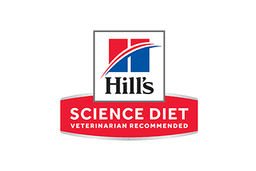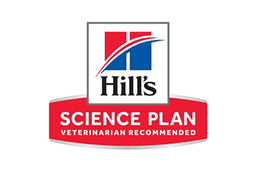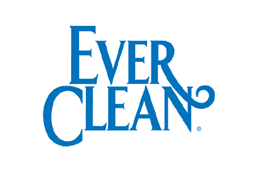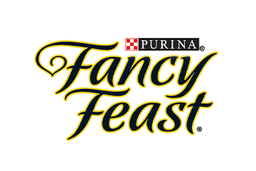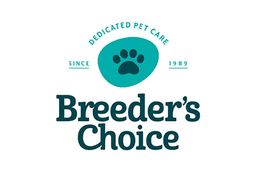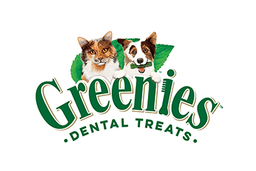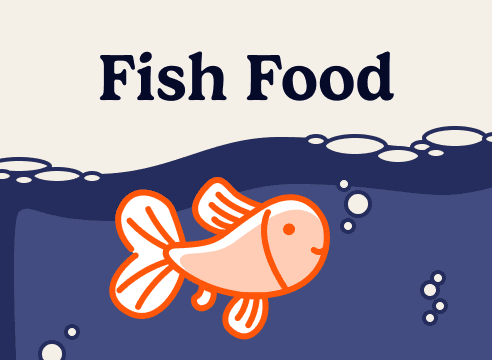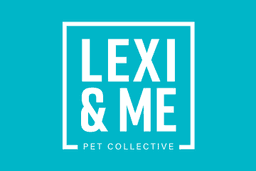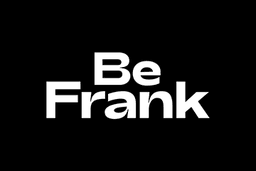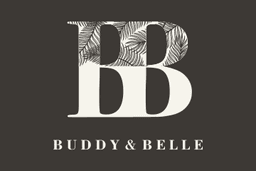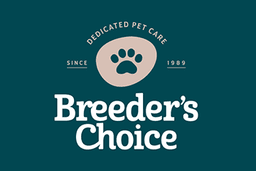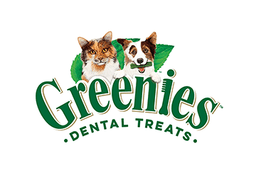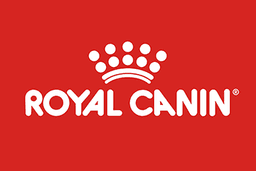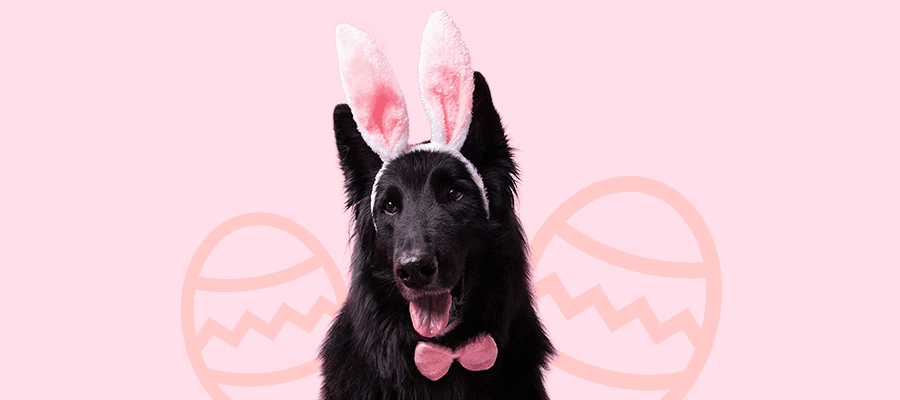Even small amounts of some human foods can cause symptoms ranging from gastric upset through to seizures, kidney failure or even death.
So if you're wondering what can dogs not eat, check out our guide to keeping harmful foods off the menu and identifying when your buddy may have feasted on the forbidden!
Recognise chocolate poisoning in dogs
Chocolate is the biggest potential risk at Easter. According to the Australian Veterinary Association, most dogs love chocolate. Their finely tuned sense of smell makes them strong contenders in Easter egg hunts! But this delicious treat contains a derivative of caffeine called theobromine, which dogs can’t metabolise. It builds up and can lead to toxicity. The darker the chocolate, the higher the theobromine content and the risk of poisoning.
Signs of chocolate toxicosis may be seen from 30 mins to four hours after chocolate is ingested. Look out for vomiting, diarrhea, hyperactivity or agitation, tremors, seizures or increased heart rate. Ingesting large amounts may cause pancreatitis, coma or death.
What to do if your dog eats chocolate
If your dog has gobbled chocolate, chocolate cake, cocoa powder or coffee, seek help from your vet immediately.
The vet will want to know your dog’s weight plus the type and amount of chocolate eaten. These factors can affect the level of toxicity, but remember that small amounts may still cause serious problems.
If your vet recommends treatment, this may range from injections or medications to induce vomiting, to charcoal meals to help reduce theobromine absorption, intravenous fluids or hospitalisation for severe toxicity.
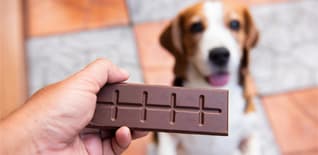
Can Dogs Eat Chocolate?
Why hot cross buns are bad for your dog
At Easter, dried fruits like sultanas, currants and raisins can be packed into hot cross buns and other flavoursome baked goodies. But these can cause kidney damage. Raw bread dough with yeast can also be harmful, according to the Australian Animal Poisons Helpline (AAPH), so if you're making hot cross buns, keep your pooch safely away!
What Other Foods Dogs Cannot Eat at Easter
Be familiar with forbidden foods to keep your dog safe
There are a number of foods that can be toxic to dogs, not just chocolate and hot cross buns! These include:
Xylitol
Sugar substitute xylitol can be found in sugarless products such as sweets, chewing gum, breath mints, baked goods, peanut butter plus some toothpastes and dietary supplements. According to the AAPH, when a dog ingests xylitol, their pancreas releases large amounts of insulin. Their blood sugar level can fall and they are at risk of hypoglycaemic crisis. Signs of toxicity include vomiting, lethargy, weakness, collapse and seizures.
High fat, high salt foods
Pork crackling, sausages, chicken skin or fatty trimmings might make your mouth water, but high fat foods can cause inflammation of the pancreas in dogs. The RSPCA says salt can also lead to excessive thirst and urination.
Onions, garlic and chives
Raw, cooked and powdered forms of these foods can cause gastric irritation. If eaten in large amounts, they may cause red blood cell damage or anaemia.
Alcohol
If you’re imbibing while catching up with friends, make sure your four-legged friend doesn’t join the party! Alcohol may cause vomiting, low body temperature, depressed breathing, low blood sugar, seizures, or even coma and death. While many pet owners are aware of these dangers, the AAPH says increased use of alcohol-based hand sanitisers during the pandemic has led to a rise in cases of alcohol exposure.
Nuts
These versatile treats can be standard fare at social gatherings. But almonds, pecans, walnuts and other nuts can be harmful for your pooch and cause vomiting, diarrhoea or pancreatitis. Macadamias are particularly dangerous, with symptoms including weakness, depression, hyperthermia and tremors.
Other foods to avoid
- Fruit seeds, stones or pits.
- Avocado, mushrooms, corncobs, green unripe tomatoes, roughly-cut vegetables.
- Cooked bones, small pieces of raw bone.
- Blue cheeses such as stilton, gorgonzola and Roquefort
Here is a diagram that shows some common foods that are toxic to dogs and their affects:
What if your dog does eat something toxic?
If you know or suspect your fur baby has eaten something harmful, don’t attempt first aid – you risk making your buddy more ill. Seek help immediately from your vet. Move poisonous substances out of reach. Take a sample of the harmful food or packaging to the vet clinic. This may help your vet work out a treatment plan.
Safe Easter Treats for Your Dog
Your pet doesn’t have to miss out – you can celebrate Easter safely with these ideas
Easter eggs for dogs
Dog-friendly Easter eggs with carob are a safe alternative to chocolate for dogs. They taste similar to chocolate and are a fun way to include your furry friend in the holiday celebrations while keeping them healthy.
Raw meaty bones
These are a good option as cooked bones can splinter and cause obstructions or potentially fatal internal damage.
Cooked vegetables
Offer pet-safe veggies such as pumpkin or carrot and cut to them avoid causing a choking hazard.
Dog treats
From deer antlers to pig ears or bully sticks, the amazing range of tastes and textures is designed to appeal to any palate.
Ready to spoil your furry friend this Easter? Check out our exclusive Easter collection for a range of treats and toys that will have your pet hopping with joy
